
Gift Experiences For Men With April Birthdays
If they’re lucky enough to dodge the April showers, they've landed one of the best birthday months going. With longer evenings, the first signs of blossom, and that fresh spri...

Father's Day is a special time dedicated to celebrating the amazing dads and father figures in our lives. It's a day filled with gratitude, love, and of course, fantastic Father's Day gifts. But have you ever wondered how different cultures celebrate Father's Day? In this blog post, we'll take you on a journey around the world to explore some unique and heartwarming Father's Day traditions. From special meals to unique customs, you'll discover how families everywhere make this day unforgettable for their dads. So, let's dive in and see how Father’s Day is celebrated globally, and maybe even pick up some inspiration for your own Father’s Day celebrations!
Father's Day in the UK is a cherished occasion where families come together to honour their dads with love and gratitude, making it a day filled with appreciation and special moments.
Date of Celebration: Celebrated on the third Sunday of June, similar to many countries.
Historical Background: The tradition started to gain popularity after being influenced by the American celebrations.
Traditional Activities: Families typically spend time together, often going out for meals or enjoying outdoor activities.
Unique Traditions: There are no uniquely British traditions, but some families might watch sports together, such as a cricket or football match.
Gift-Giving Practices: Common gifts include cards, gadgets, and personalised items, often reflecting the father’s hobbies and interests. Experience gifts, such as tickets to events, adventure days, and pampering sessions, have also become increasingly popular, providing memorable ways to celebrate Father’s Day.
Cultural Significance: Father’s Day in the UK is an opportunity to express appreciation and strengthen family bonds.
Finding the perfect Father’s Day gift can be a challenge, but experience gifts offer unique and memorable ways to celebrate Dad’s special day. From thrilling adventures to relaxing outings, these Father’s Day gift ideas are perfect for creating lasting memories with your dad. Here’s a few of our favourite Father’s Day gift experiences available in the UK, that are sure to make this Father’s Day truly unforgettable.
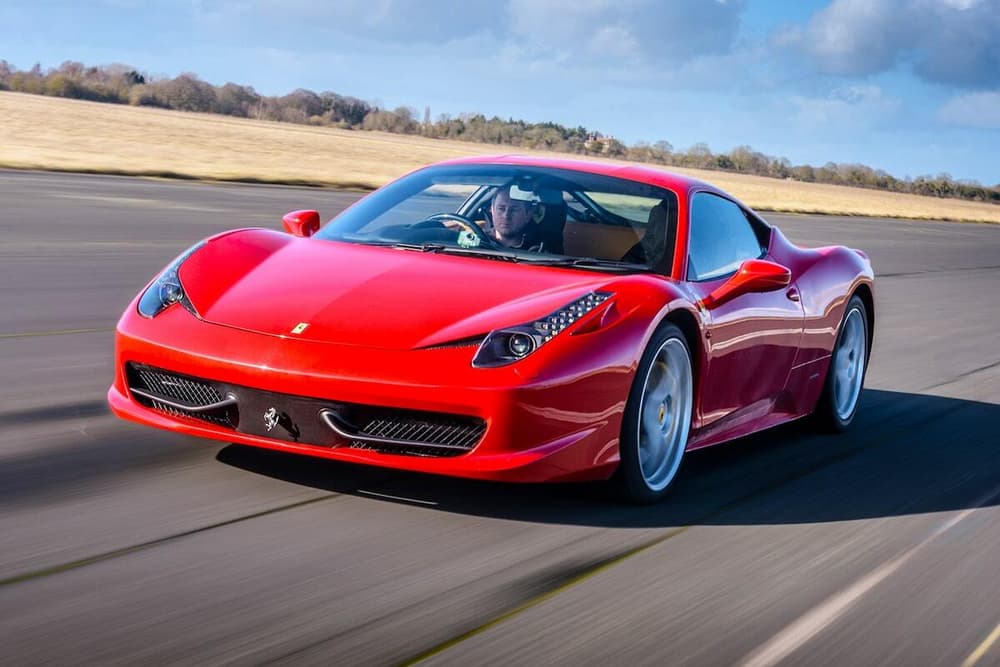
For the Dad who loves trying new things and testing his limits, these thrilling adventure days out offer an abundance of excitement and unforgettable memories.
Bungee Jumping: Give your dad the ultimate adrenaline rush with a bungee jumping experience. This thrilling Father’s Day gift idea is perfect for the adventurous dad who loves a challenge.
Segway Tours: Explore the countryside or cityscapes on a Segway. It’s a fun and unique way to spend time together and see new places.
Zip Line Adventures: For a high-flying adventure, zip lining offers an exciting way to enjoy stunning views at exhilarating speeds.
For dads who love cars and speed, these driving experiences provide the perfect high speed thrill.
Supercar Driving Experiences: Give Dad the chance to live out his racing dreams by driving some of the world’s most exotic cars on a professional track.
Off-Roading Experiences: Perfect for the dad who loves a rugged adventure, off-roading experiences provide the thrill of handling a tough 4x4 and navigating challenging terrains.
Drifting Experiences: For the dad who loves speed and precision, drifting experiences offer the chance to master this exciting motorsport technique.
Take to the skies with these amazing flying experience days that offer breathtaking views and unforgettable moments.
Helicopter Rides: Give your dad a bird’s-eye view of the stunning UK landscapes with a helicopter ride. This father’s day gift idea offers a unique and unforgettable perspective.
Hot Air Balloon Rides: Soaring above the countryside on a hot air balloon ride provides a serene and breathtaking experience, perfect for a memorable Father’s Day.
Aerobatic Flights: For the truly adventurous, aerobatic flights offer thrilling loops, rolls, and dives in a high-performance aircraft.

For the foodie dad, our range of food gifts for men offers delicious treats, opportunities to improve culinary skills, and memorable dining moments.
Whisky & Beer Tasting: For the foodie dad who appreciates fine spirits, whisky and beer tasting tours offer a blend of education and enjoyment, sampling some of the best brews and spirits.
Fine Dining: Treat your dad to a gourmet meal at a top restaurant, offering a fine dining experience he’ll never forget.
Cooking Classes: Whether he’s a seasoned cook or a novice in the kitchen, our wide range of cooking classes provide a fun and educational way to master the art of cooking.
Give your dad the gift of relaxation with wellness gifts perfect for the busy Dad!
Spa Days: Give your dad the gift of relaxation with a spa day. From massages to saunas, it’s the perfect way for him to chill out and unwind.
Forage and Cook Experience: Give him the chance to get outside and explore nature's harvest with a guided foraging tour followed by a hands-on cooking session.
Wild Swimming: For a refreshing and invigorating experience, wild swimming in natural waters provides a unique way to connect with nature and enjoy a little peace and quiet.
For the fix-it dad who loves to create and tinker, these creative workshops are both fun and rewarding.
Leather Working: Let your dad explore his creative side with a leather working workshop, where he can craft his own unique items.
Blacksmith Experience Days: A blacksmithing day offers hands-on experience in a traditional craft, allowing him to create his own metalwork.
Pottery Classes: Pottery classes are perfect for the artistic dad, giving him the chance to create beautiful and functional pieces

Father's Day in the USA is a well-established national holiday dedicated to celebrating the contributions of fathers and father figures, often marked by festive gatherings and heartfelt expressions of thanks.
Date of Celebration: Celebrated on the third Sunday in June.
Historical Background: Established in the early 20th century, it was officially recognised as a national holiday in 1972.
Traditional Activities: Families often have barbecues, go on outings, or host special gatherings at home.
Unique Traditions: Many families enjoy attending sports events together, such as baseball games.
Gift-Giving Practices: Popular gifts include tools, ties, and electronic gadgets, as well as handmade cards and crafts from children.
Cultural Significance: It’s a day to honour the role of fathers in the family and society, highlighting their support and sacrifices.
In France, Father's Day, known as "Fête des Pères," is a time to celebrate and show appreciation for dads, filled with warm family moments and thoughtful gestures.
Date of Celebration: Celebrated on the third Sunday of June, like in many other countries.
Historical Background: Inspired by the American tradition, it gained popularity in the mid-20th century.
Traditional Activities: Family meals and small gatherings are common, with children often making crafts or cards.
Unique Traditions: Some regions may have local customs, but generally, it’s a straightforward celebration.
Gift-Giving Practices: Gifts often include wine, gourmet food items, and personalised accessories.
Cultural Significance: It’s a day to recognise and appreciate the role of fathers in French families.
Father’s Day in Italy, known as "Festa del Papà," is celebrated with warmth and family gatherings, combining both religious significance and personal appreciation.
Date of Celebration: Celebrated on March 19th, coinciding with St. Joseph's Day.
Historical Background: Rooted in Catholic tradition, honouring St. Joseph, the patron saint of fathers.
Traditional Activities: Families gather for special meals, often featuring traditional Italian dishes.
Unique Traditions: Religious ceremonies and parades are common, especially in more traditional regions.
Gift-Giving Practices: Handmade gifts from children and sweets, such as "zeppole" (a type of pastry), are popular.
Cultural Significance: It reflects the strong familial and religious values present in Italian culture.
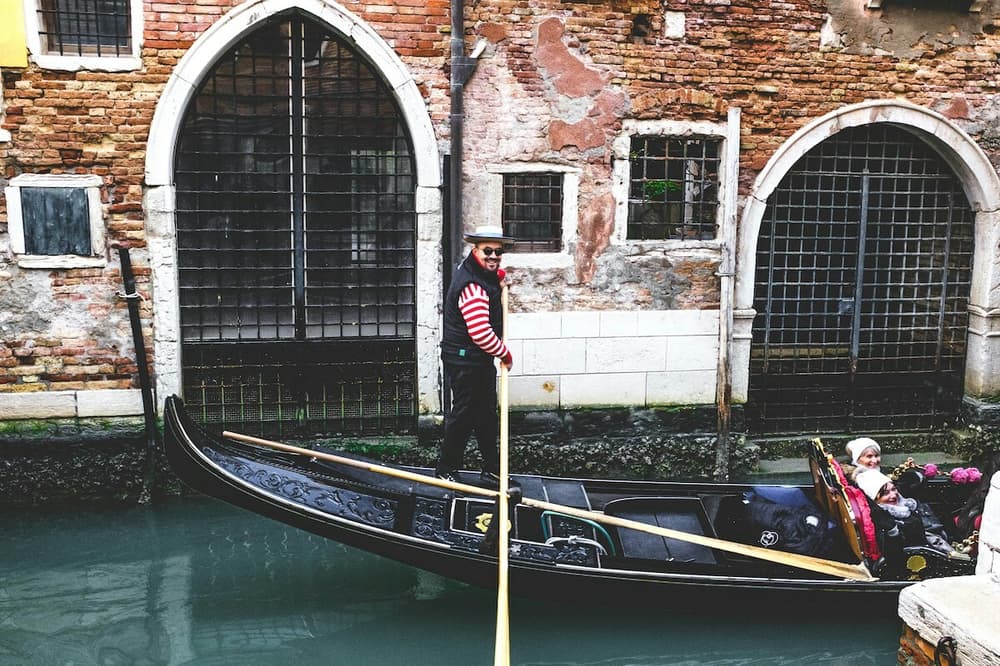
In Spain, Father's Day, or "Día del Padre," is a festive occasion deeply rooted in tradition, blending religious reverence with heartfelt family celebrations.
Date of Celebration: In Spain, Father’s Day is celebrated on the 19th of March, which is the same day as St. Joseph’s Day.
Historical Background: St. Joseph’s Day is a Catholic feast day, honouring the foster father of Jesus.
Traditional Activities: Attending church services, followed by family members gathering and a family meal.
Unique Traditions: In some regions, there are local festivals and parades celebrating Saint Joseph.
Gift-Giving Practices: Gifts often include clothing, tools, and handmade items from children.
Cultural Significance: It’s a day that blends religious observance with family appreciation.
Father’s Day in Sweden, or "Fars dag," is a warm and family-oriented celebration, offering a chance for heartfelt expressions of love and appreciation.
Date of Celebration: Celebrated on the second Sunday in November.
Historical Background: Adopted in the mid-20th century, inspired by the American tradition.
Traditional Activities: Family gatherings, special meals, and giving gifts are common practices.
Unique Traditions: It’s a relatively new tradition, so there are no deeply rooted unique customs.
Gift-Giving Practices: Common Father’s Day presents include flowers, cards, and practical items.
Cultural Significance: It’s a day to express appreciation and love for fathers in a heartfelt manner.
In Germany, Father's Day, or "Vatertag," is a unique blend of celebration and tradition, often marked by both family activities and festive outings among men.
Date of Celebration: Germany celebrates Father’s Day on Ascension Day, which is the 40th day of Easter.
Historical Background: Tied to Christian observances, it has evolved into a day of appreciation for fathers.
Traditional Activities: Many men participate in "Herrentag" (Men's Day) outings, often involving hiking and enjoying beer.
Unique Traditions: Groups of men commonly pull wagons filled with beer and enjoy the countryside.
Gift-Giving Practices: Gifts can range from practical items to personal treats and experiences.
Cultural Significance: It’s a day of bonding and appreciation, blending tradition with modern celebrations.
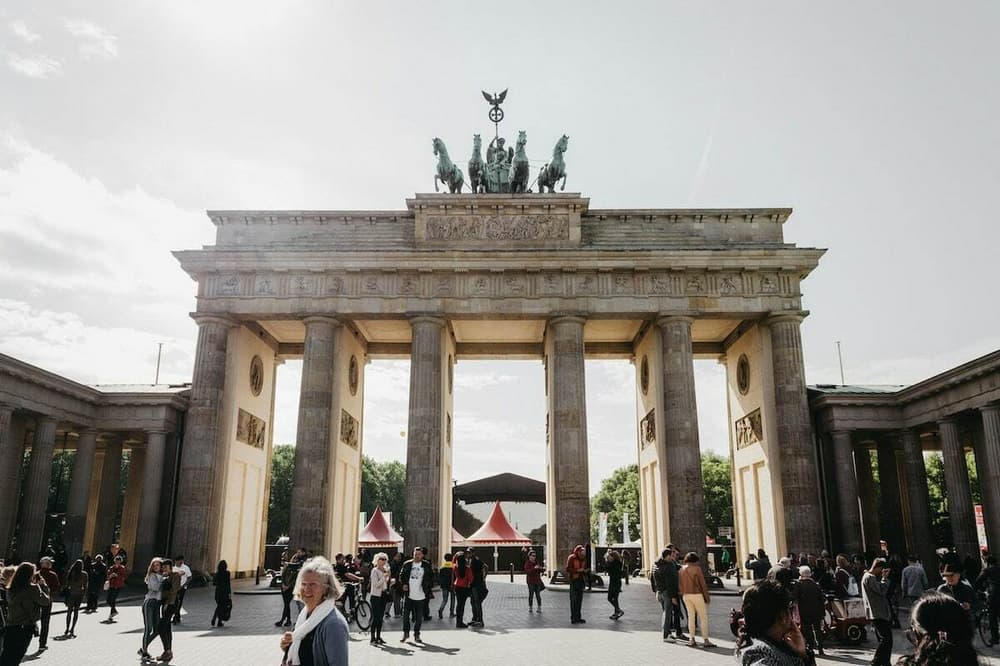
Father’s Day in Portugal, known as "Dia do Pai," is a heartfelt celebration of fathers and fatherhood, combining both religious and familial traditions.
Date of Celebration: Celebrated on March 19th, coinciding with St. Joseph’s Day.
Historical Background: Tied to Catholic traditions, honouring St. Joseph as the ideal father figure.
Traditional Activities: Families often attend church services and enjoy a special meal together.
Unique Traditions: Some regions may have specific local customs, but generally, it’s a day of family unity.
Gift-Giving Practices: Typical gifts include practical items, homemade crafts, and traditional sweets.
Cultural Significance: It underscores the importance of family and religious values in Portuguese culture.
In Thailand, Father’s Day is a significant occasion tied to the country's monarchy, blending national pride with family celebrations.
Date of Celebration: Father's Day is an official holiday in Thailand. It is celebrated on December 5th, which is the birthday of the late King Bhumibol Adulyadej. This day is not only a tribute to fathers but also a national holiday to honour the late king, who is regarded as the father of the nation.
Historical Background: Honouring the beloved king who is considered the father of the nation.
Traditional Activities: Offering alms to monks, public ceremonies, and wearing yellow to honour the king.
Unique Traditions: People often pay respect by kneeling and presenting their fathers with canna lilies.
Gift-Giving Practices: Gifts are less commercial and often include traditional symbols of respect and love.
Cultural Significance: It’s a day of national pride and familial respect, deeply rooted in Thai culture.
Father’s Day in Australia is a relaxed and joyful celebration of fatherhood, often marked by outdoor activities and family fun.
Date of Celebration: Australia celebrate Fatherhood on the first Sunday in September.
Historical Background: Influenced by American traditions, it became popular in the mid-20th century.
Traditional Activities: Family barbecues, outings, and special breakfasts are common.
Unique Traditions: Father’s Day often coincides with the start of spring, making outdoor activities popular.
Gift-Giving Practices: Typical gifts include sports gear, DIY tools, and personalised items.
Cultural Significance: It’s a day to enjoy family time and appreciate the role of fathers in a relaxed setting.

In Brazil, Father’s Day, or "Dia dos Pais," is a festive and family-centric celebration, characterised by large gatherings and joyful expressions of love.
Date of Celebration: In Brazil, people observe Father’s Day on the second Sunday in August.
Historical Background: Established in the 1950s, inspired by the American tradition.
Traditional Activities: Family gatherings and special meals, often featuring barbecues.
Unique Traditions: Some families attend church services together to honour their fathers.
Gift-Giving Practices: Common gifts include clothing, accessories, and personal items.
Cultural Significance: It reflects the strong family values and appreciation for fathers in Brazilian culture.
Father’s Day in Mexico, or "Día del Padre," is a lively celebration honouring fathers and father figures, filled with vibrant festivities and family unity.
Date of Celebration: Celebrated on the third Sunday of June.
Historical Background: Gained popularity in the 20th century, influenced by American traditions.
Traditional Activities: Families often celebrate with large gatherings, meals, and music.
Unique Traditions: Some regions have local festivities and public events.
Gift-Giving Practices: Gifts range from practical items to personalised and handmade presents.
Cultural Significance: It’s a day to express gratitude and strengthen family bonds, reflecting Mexican family values.
In Japan, Father’s Day, or "Chichi no Hi," is a day dedicated to honouring fathers with respect and gratitude, often observed with thoughtful gestures and family time.
Date of Celebration: Celebrated on the third Sunday of June.
Historical Background: Adopted from Western traditions, it became popular post-World War II.
Traditional Activities: Families often go out for special meals and spend quality time together.
Unique Traditions: Some families participate in gifting white lilies, symbolising purity and respect.
Gift-Giving Practices: Common gifts include sake, clothing, and personal accessories.
Cultural Significance: It’s a day to show respect and appreciation, highlighting the value of fathers in Japanese culture.
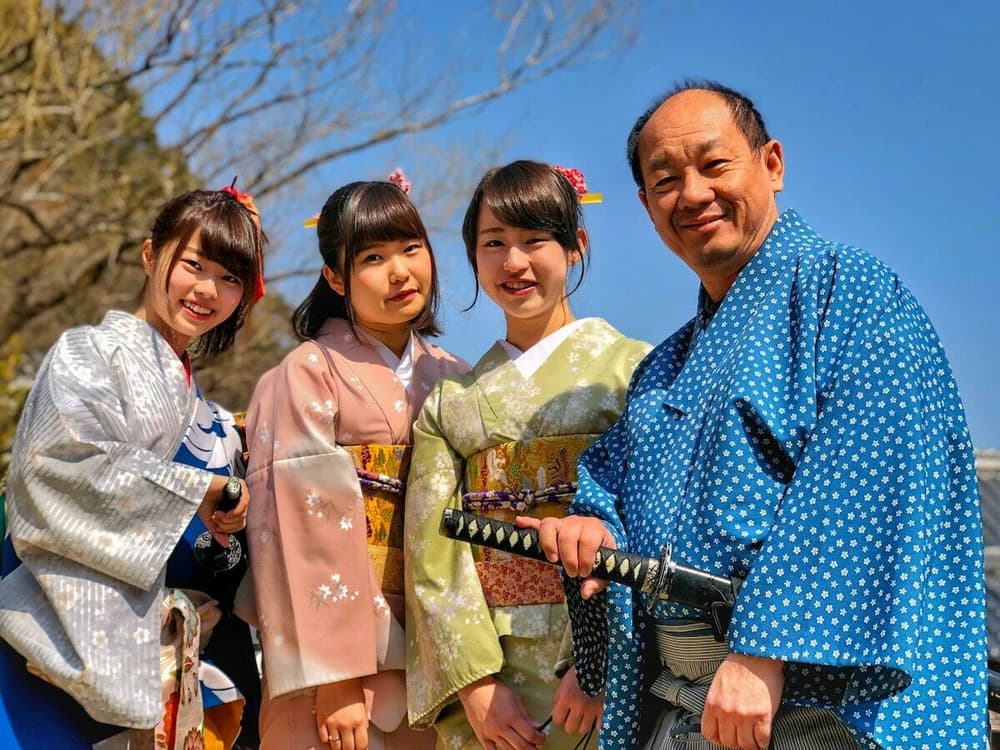
Father’s Day in South Africa is a vibrant celebration where families come together to honour their fathers and father figures with joy and gratitude.
Date of Celebration: Celebrated on the third Sunday of June, aligning with the tradition in most countries.
Historical Background: Influenced by Western traditions, Father’s Day gained popularity in South Africa in the mid-20th century.
Traditional Activities: Families typically spend time together, often going out for meals, enjoying outdoor activities, or having a braai (barbecue), which is a beloved South African tradition.
Unique Traditions: While there are no uniquely South African customs, the emphasis on outdoor activities and family gatherings is notable. Many families take advantage of the winter season to enjoy hearty meals and warm gatherings.
Gift-Giving Practices: Common Father’s Day presents include practical items such as tools, gadgets, and clothing, as well as personalised gifts that reflect the father's interests.
Cultural Significance: Father’s Day in South Africa is an opportunity to celebrate fatherhood and express appreciation for the hard work and dedication of fathers and father figures. It reflects the country’s strong family values and the importance of parental roles in raising children.
In Nepal, Father’s Day, known as "Kushe Aunsi" or "Gokarna Aunsi," is a significant cultural and religious celebration that honours fathers and ancestors.
Date of Celebration: Celebrated in late August, based on the lunar calendar.
Historical Background: This tradition has deep roots in Hindu culture, particularly in the Kathmandu Valley, where it is a day to honour fathers and pay respects to deceased ancestors.
Traditional Activities: Families perform rituals and pujas (prayers) at temples, especially at the Gokarna Temple in Kathmandu. Sons and daughters offer gifts and ceremonial foods to their fathers.
Unique Traditions: A special ceremony called "Baba ko Mukh Herne" (looking at father’s face) is performed, where children show respect by looking at their father’s face early in the morning.
Gift-Giving Practices: Common gifts include fruits, sweets, and traditional items that are given during the rituals. Many also give practical gifts and new clothes.
Cultural Significance: Father’s Day in Nepal is not just a day for celebrating living fathers but also a day for remembering and honouring deceased fathers and ancestors. It reflects the deep respect for family bonds and ancestral heritage in Nepalese culture.
In India, Father's Day is a growing tradition where families take the opportunity to celebrate and appreciate their fathers and father figures with love and respect.
Date of Celebration: Celebrated on the third Sunday of June.
Historical Background: Gained popularity in recent decades, influenced by Western traditions.
Traditional Activities: Families often have special meals, give gifts, and spend quality time together.
Unique Traditions: The celebration is still evolving, with no deeply rooted unique customs yet.
Gift-Giving Practices: Common gifts include sweets, clothing, and handmade items from children.
Cultural Significance: It reflects the growing recognition and appreciation of fathers in modern Indian society
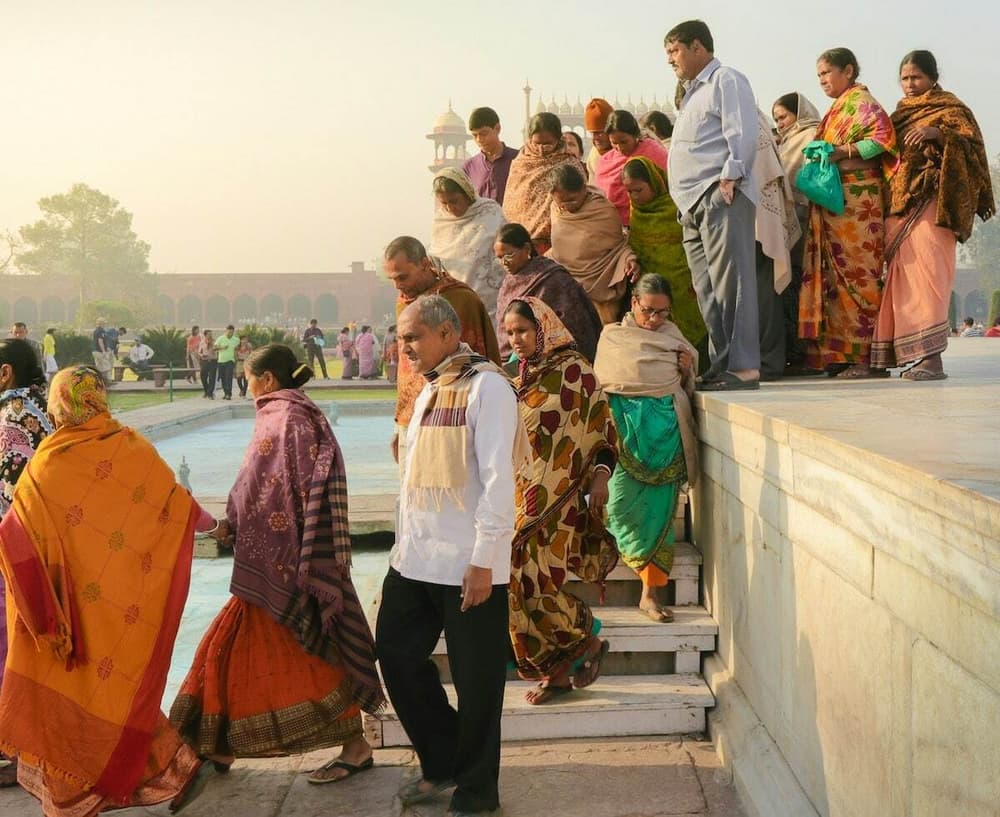
In Poland, Father’s Day, or "Dzień Ojca," is a heartfelt occasion celebrating fatherhood with a focus on family and gratitude.
Date of Celebration: Father's Day falls on June 23rd.
Historical Background: Gained popularity post-World War II, influenced by international traditions.
Traditional Activities: Families often spend the day together, enjoying meals and outdoor activities.
Unique Traditions: It’s more informal compared to other countries, focusing on family time.
Gift-Giving Practices: Gifts range from handmade cards to practical items and sweets.
Cultural Significance: It highlights the importance of family and the role of fathers in Polish society.
In the Philippines, Father's Day is a heartfelt occasion where families come together to celebrate and honour their fathers with love and appreciation.
Date of Celebration: Celebrated on the third Sunday of June.
Historical Background: Influenced by American traditions, it became popular after World War II.
Traditional Activities: Families often gather for meals, attend church services, and enjoy outings.
Unique Traditions: It’s a blend of Western and local customs, with no uniquely Filipino traditions yet.
Gift-Giving Practices: Common gifts include practical items, clothing, and personal accessories.
Cultural Significance: It’s a day to honour and appreciate the hard work and dedication of fathers, reflecting strong family values in Filipino culture.
Father’s Day is a universal celebration dedicated to honouring the incredible dads and father figures who enrich our lives with their love and support. As we've explored, different countries have their own unique ways of celebrating this special day, from traditional meals and heartfelt gifts to exciting and adventurous experiences. These diverse customs highlight the universal bond between fathers and their children, emphasizing gratitude, love, and family unity.
Whether you’re inspired by the serene rituals of Nepal’s "Kushe Aunsi," the lively gatherings of Mexico’s "Día del Padre," or the adventurous spirit of South Africa’s outdoor celebrations, there’s a wealth of traditions to draw from. Father’s Day is more than just a date on the calendar; it’s an opportunity to create cherished memories and express heartfelt appreciation for the dads who make a difference every day.
As you think about how to celebrate Father’s Day this year, consider incorporating some of these global traditions or exploring unique Father’s Day gift experiences. From thrilling adventure days and luxurious spa retreats to creative workshops and gourmet food gifts for men, there are endless ways to make this Father’s Day truly unforgettable. So, let’s celebrate fatherhood in all its wonderful forms and show our dads just how much they mean to us.

If they’re lucky enough to dodge the April showers, they've landed one of the best birthday months going. With longer evenings, the first signs of blossom, and that fresh spri...

With Valentine’s Day just around the corner, love is certainly in the air. Will it be the usual chocolates and roses, or will this be the year you truly sweep them off their f...

Will you be manifesting the ‘New Year, New Me’ mantra? It always starts off so well, a plan to put all our bad habits behind us and become the best versions of ourselves. But ...

As we roll into 2025, with the "new year, new me" mindset, now is the perfect time to kick those bad habits and try something new! Whether you’re looking for a fun way to enjo...
Why our customers love us
Change to an experience that suits your current mood
eVouchers are sent directly to your email inbox within seconds
Sign up to be the first to hear about fantastic offers, exclusive newsletter-only discounts & competitions.